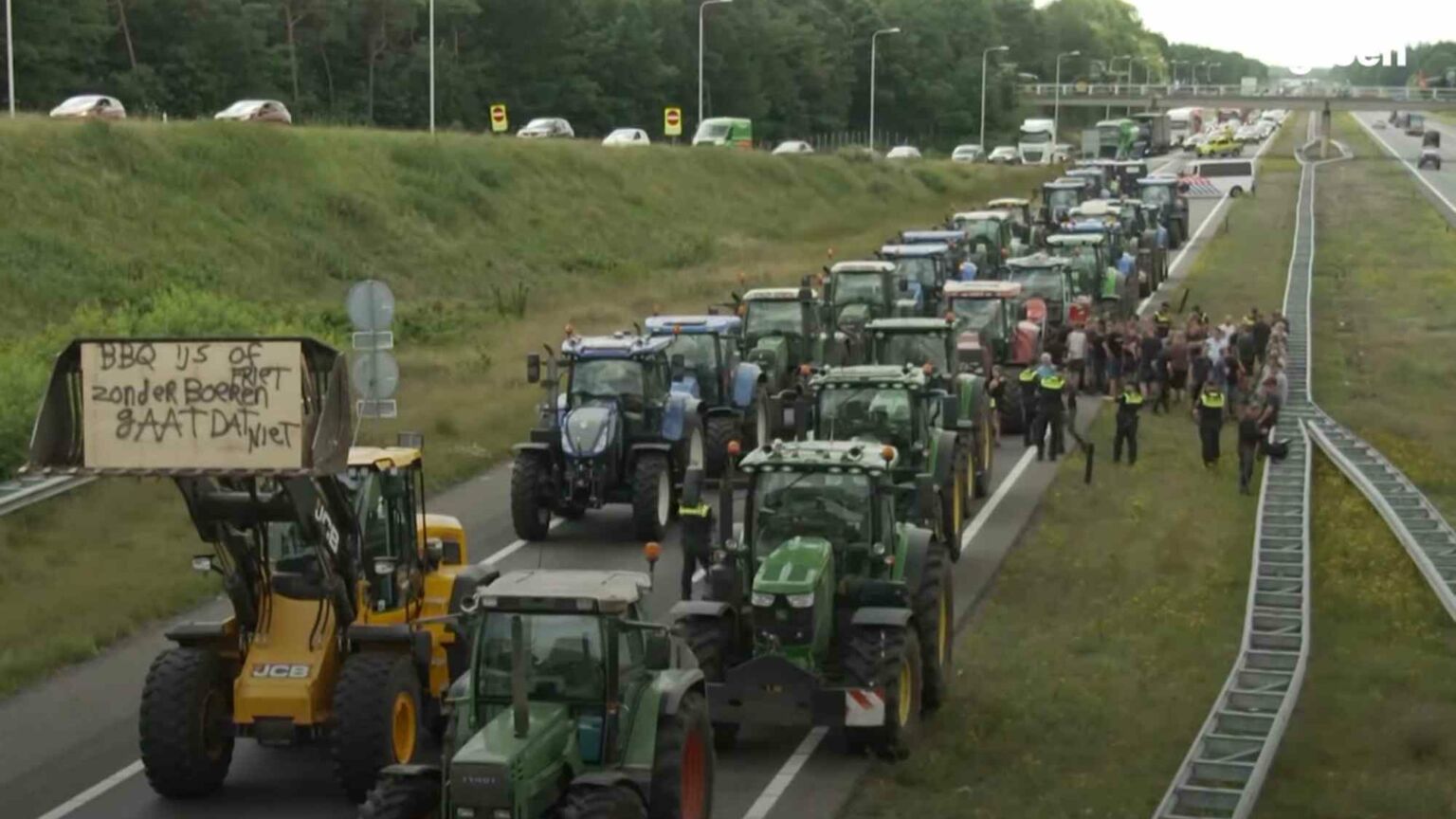Stuart Smith
National MP
Kaikoura
It is amazing to see the unrest in the Netherlands with 30,000 Dutch farmers taking to the streets with their tractors to protest against government climate-change policies. The final straw was the plan to limit nitrogen fertilisers, which will in turn lead to reduced production during a global food shortage.
Seven years ago the United Nations vowed to eradicate hunger by 2030, yet 345 million people are currently experiencing acute food insecurity, which is unprecedented. The war in Ukraine has certainly exacerbated the shortages but carbon taxes and increasing curbs on agricultural production had set the world down this path years ago. We only have to look at what has unfolded in Sri Lanka, where the government banned the importation of synthetic fertilisers, to see the impact of bad policies. Rice production fell by 20 per cent in just six months and has led to an economic crisis.
Here in New Zealand we have the Climate Change Commission (CCC) following the same policy pathway with their recommendation to put a carbon price on fertilisers as soon as possible. But not content to just add costs to our food, the CCC also want farmers to fight with their hands tied behind their backs, with the recommendation to not allow farmers to offset their emissions with their shelter belts and riparian plantings. This begs the obvious question, why does the CCC want to count all carbon emissions but not all carbon sequestration? One could be forgiven for thinking the CCC has something against our biggest export sector.
It does not make any sense to not allow trees, shrubs and plants that are sequestering carbon to be included in the Emissions Trading Scheme (ETS). Fruit trees, grape vines and Pinus pinea (Stone Pine) are not eligible for inclusion in the ETS either, as this government chooses to not allow them (because they produce food). Other countries do allow this, and I have yet to hear a good reason why trees that produce food should be excluded, other than to clobber agriculture. It is literally the luxury beliefs of the elites at play here.
All this flies in the face of article 2(b) of the Paris Accord, which New Zealand signed up to, which states:
(b) Increasing the ability to adapt to the adverse impacts of climate change and foster climate resilience and low greenhouse gas emissions development, in a manner that does not threaten food production
We must play our part in the reduction of greenhouse gas emissions – it actually makes good business sense – but we must do this in a sustainable way that does not threaten food production. We also must not merely shift production offshore to less efficient producers: leakage, as it is termed. Reductions and removals (emissions and sequestration) have the same value and must be treated as such. Also, lowering emissions in New Zealand to see emissions shift offshore is merely an act of self-flagellation.

